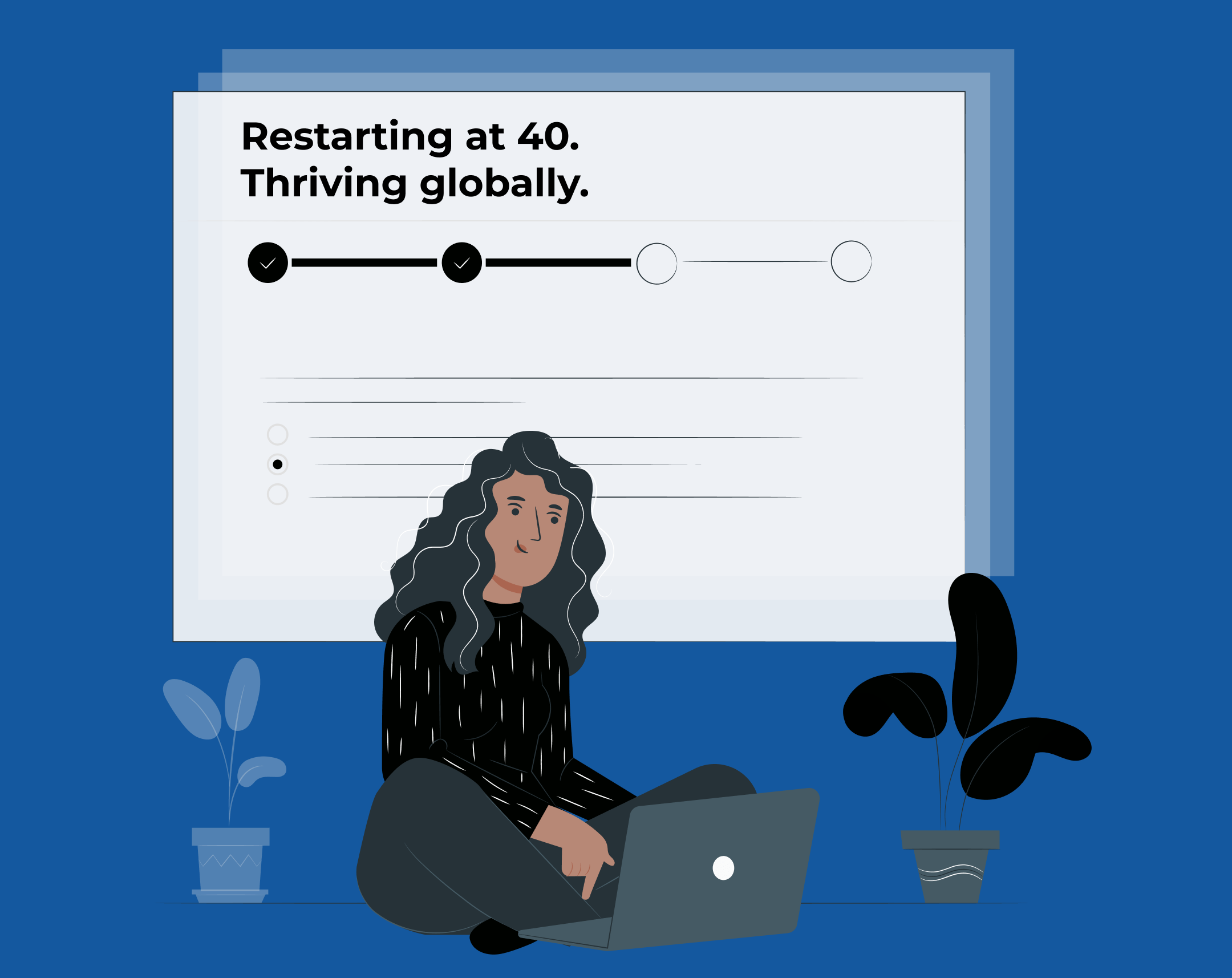In Latin America, turning 40 used to mean hitting your career “peak” or plateau. Today, for many, it’s a launchpad.
A growing number of professionals in their 40s, 50s, and even 60s, are re-entering the workforce (or switching careers entirely) through remote work.
Whether they were laid off, burned out, or sidelined by local economic downturns, these mid-career professionals are finding new purpose and income through remote jobs in admin, operations, customer success, finance, and support roles.
Why Remote Work Is Empowering Mid-Career Professionals:
💡 1. Age-Resilient Roles Are Growing
Remote teams value reliability, accountability, and emotional intelligence, traits often stronger in older professionals. These “soft skills” become assets, not afterthoughts.
📉 2. Age Bias Is Less Visible in Global Hiring
In remote settings, resumes speak louder than wrinkles. Employers care more about performance and communication than how old you are. No awkward “overqualified” conversations: just skill matching and execution.
🌎 3. Global Pay > Local Age Discrimination
Some Latin American professionals feel overlooked in their local job markets due to age. Global hiring opens access to markets where maturity is seen as a strength.
🧠 4. Experience Has a New Lane
Many are bringing decades of experience from hospitality, healthcare, administration, education, or entrepreneurship, and applying it to virtual assistance, coordination, support, or even leadership roles remotely.
What Makes Them Stand Out?
- Stability and retention: mid-career workers are less likely to job-hop.
- Clear communication and client empathy.
- High motivation: it’s not a first job, it’s a second chance.
Getting Started (Even if You Haven’t Job-Hunted in Years):
✅ Polish your LinkedIn profile with remote-friendly keywords
✅ Take a short course on digital tools like Google Workspace, Trello, or HubSpot
✅ Practice interviews via Zoom to build digital confidence
✅ Join job boards and communities like We Work Remotely, Dynamite Jobs, or Remote OK
Remote work isn’t a lifeboat: it’s a career vehicle.
And for thousands across Latin America, age is no longer a barrier. It’s a bonus.



No responses yet